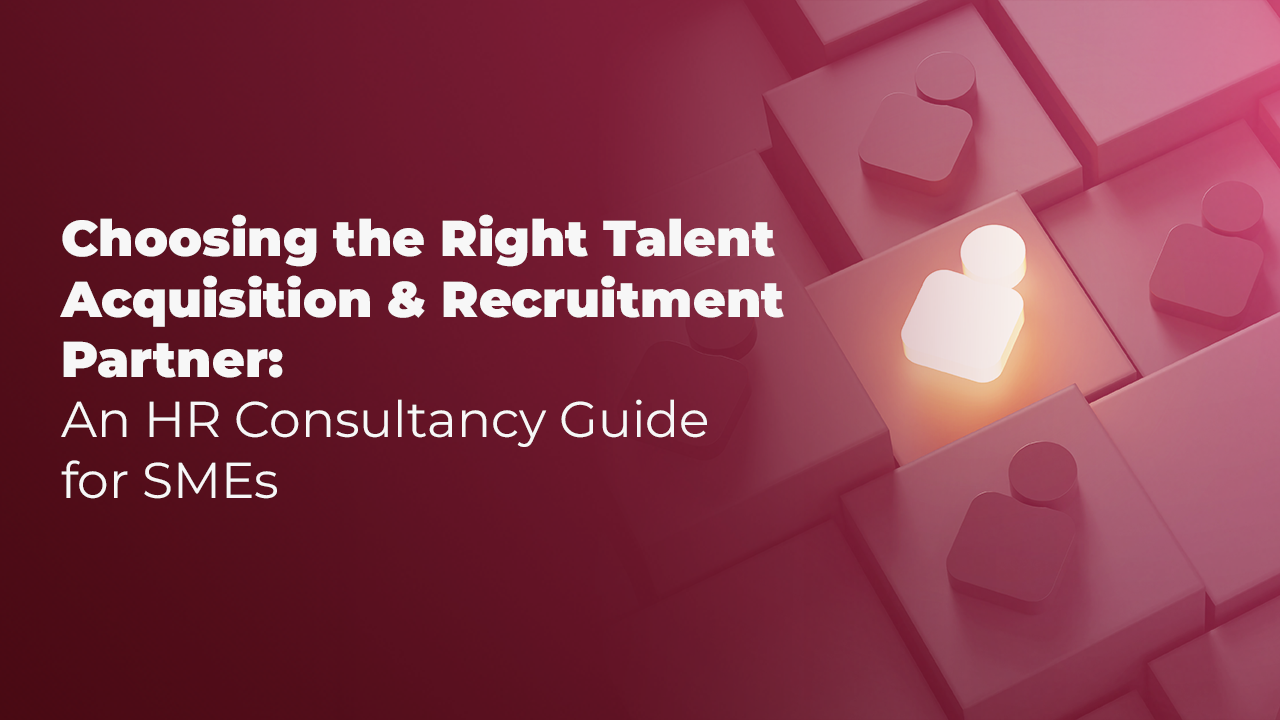Candidate Selected, Company Matched – Is There a Happy Ending?
Every recruitment and placement process is, in essence, a modern-day “corporate matchmaking story.” On one side, a talented, eager, and hopeful candidate; on the other, an organization focused on growth, innovation, and expansion. Bringing these two together isn’t always straightforward. Much like in life, “compatibility” is everything.
So, once a candidate is selected and matched with a company, is everything truly perfect? Here’s a spoiler: It can be. But achieving this requires not only the right selection but also effective process management, thoughtful communication, and a sustainable matching model.
Beyond Placement: Achieving True Alignment
Identifying the “perfect candidate” based solely on resumes isn’t sufficient. A match that appears ideal on paper can unfold differently in real-life scenarios like team meetings or casual office interactions. Therefore, we consider not just competencies but also character alignment, team dynamics, leadership styles, and organizational culture.
In our processes, we ask candidates not only, “Do you fit the company’s profile?” but also, “Will you be happy here? Will you grow? Will you enjoy contributing?” We also gauge candidates’ perceptions of the organization. Mutual understanding and genuine alignment are crucial. Not every strong candidate will thrive in every company—just as not every great person is right for every relationship.
Success Begins Before Day One
Many organizations view the recruitment process as complete once the candidate steps into the office. However, we understand that this is merely the beginning. The path to success starts with the connection a candidate forms with the company during the interview process. Communication during interviews, the quality of feedback, transparent presentation of offers, and supportive onboarding are foundational to a successful outcome.
That’s why we provide consultancy support not only to candidates but also to organizations during the recruitment process, ensuring that mutual expectations are transparently and realistically established.
“Let’s Create a Position for Them—They Belong Here
Recruitment processes often focus on finding candidates who meet specific job requirements. Job postings are made, applications are received, filters are applied… and yes, this systematic approach is important. However, occasionally, a candidate emerges whose resume may not align perfectly with the listed criteria but whose energy, approach, and potential are captivating. These are the individuals who transcend standard molds.
An organization’s long-term success depends not only on individuals who meet current needs but also on those who can adapt to future growth and transformation. Therefore, it’s critical to think beyond job postings and focus on potential during recruitment. This approach enables the discovery of individuals who can contribute to company culture, future vision, and team dynamics.
Sometimes, a candidate is the right person for a position that hasn’t even been created yet. In such cases, the key is to analyze that individual’s talents, learning agility, adaptability, and, most importantly, values.
A Happy Ending? Yes, But It Requires Follow-Up
A successful hire isn’t complete when the candidate steps into the office; it’s achieved when they feel a sense of belonging, perform effectively, and begin to grow. Therefore, professional recruitment processes don’t end with placement. The first 90 days of adaptation are particularly critical. During this period, both the candidate’s and the organization’s needs should be monitored, feedback mechanisms should be operational, and potential alignment issues should be identified early.
Modern HR approaches view placement not as an end but as a beginning. Providing guidance to both the candidate and the organization post-placement is essential for sustainable success. A true “happy ending” is realized not just when an employee is hired, but when they create value, realize their potential, and contribute to the organization in the long term.
The Right Person, The Right Job, The Right Time
The phrase “People are the greatest asset” may sound cliché, but every recruitment process reaffirms the profound truth it holds. Matching the right person with the right job isn’t merely about filling a vacancy; it’s an investment in the organization’s culture, vision, and future.
An effective recruitment and placement process evaluates candidates not only based on past experiences but also on their potential, developmental journey, and the added value they can bring to the organization. True success is reflected when the excitement in a candidate’s eyes on their first day translates into tangible results months later. Recruitment isn’t just a process; it’s a strategic decision that, when executed correctly, leads to lasting and meaningful success for both parties.









